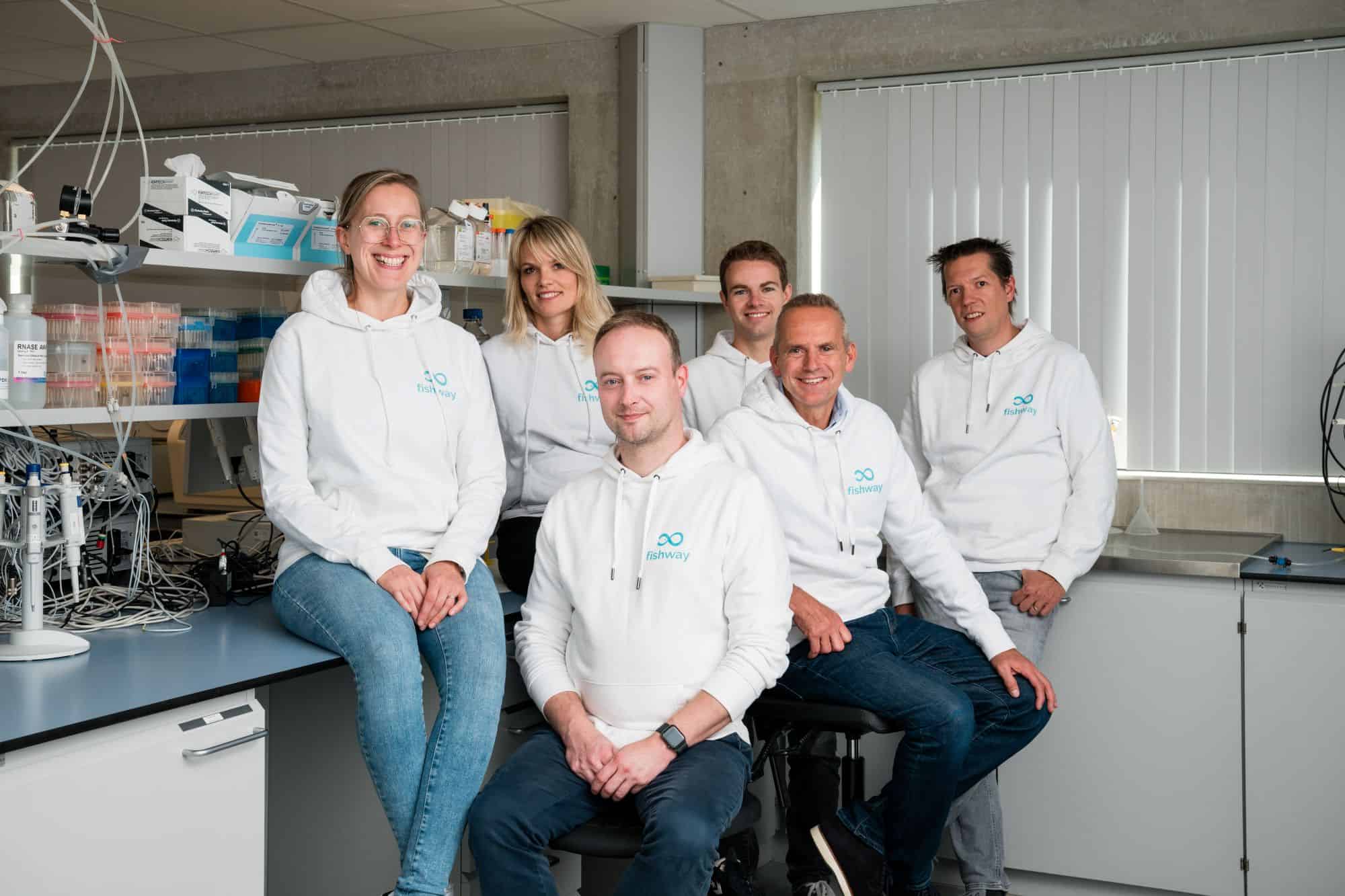New research conducted by Systemiq, with support from GFI Europe, has estimated that innovative methods of producing food using fermentation could add £9.8 billion to the UK economy by 2050. However, this will only hold true if the right support is in place.
The analysis modelled a range of scenarios to assess how fermentation techniques could fuel economic growth in the UK food and drink sector. It estimated the potential expansion of fermentation processes that are already in use, such as Quorn’s method of producing mycoprotein-based meat alternatives.
The research also examined the potential impact of precision fermentation, which could be used to develop a variety of animal-free fats and proteins along with alternatives to palm oil, chocolate, and cotton. The FSA is currently evaluating several applications to authorise the sale of precision fermentation-made foods in the UK; the regulator is also launching a one-year Innovation Research Programme to enhance its capabilities and expertise, particularly in precision fermentation science.
“We see huge potential for the UK to become a global leader in fermentation for food, and hope our research plays a part in making that a reality with regulators and investors,” said Rupert Simons, partner at Systemiq.

Reimagining an ancient technology
Systemiq’s analysis finds that current policies put the UK on track for a fermentation market worth £2.4 billion by 2050. However, more ambitious interventions, such as increasing investment in research and infrastructure, could grow the market to £5.9 billion by 2050. In this scenario, the sector could add £9.8 billion annually to the UK economy by 2050. A third of this growth would be driven by precision fermentation ingredients like animal-free dairy and egg proteins.
When factoring in sales of equipment and raw materials, the overall fermentation market value could reach £8.2 billion, alongside up to £2.4 billion in exports. However, unlocking this potential would require significant annual investments, particularly in specialist equipment and large facilities.
Systemiq notes that the UK government has already funded a network of university research centres focused on advancing foods using fermentation, including Imperial College London’s Microbial Food Hub and the National Alternative Protein Innovation Centre (NAPIC) at the University of Leeds.
“Fermentation is an ancient technology being reimagined to tackle the modern-day challenges facing our food system,” said Linus Pardoe, senior UK policy manager at GFI Europe. “These figures reveal the value to the UK economy of a thriving fermentation sector producing familiar, tasty and nutritious food.”




